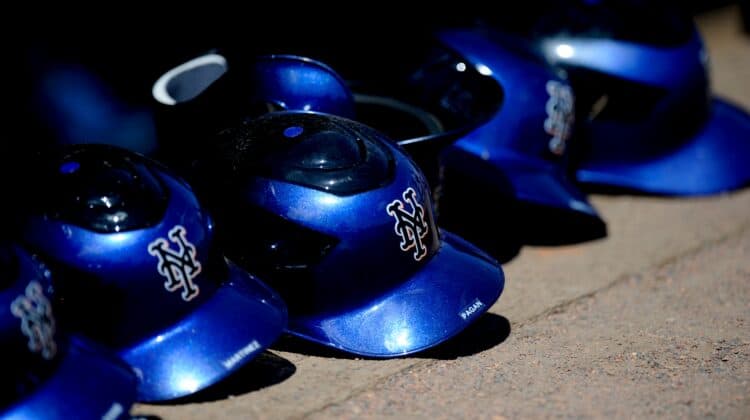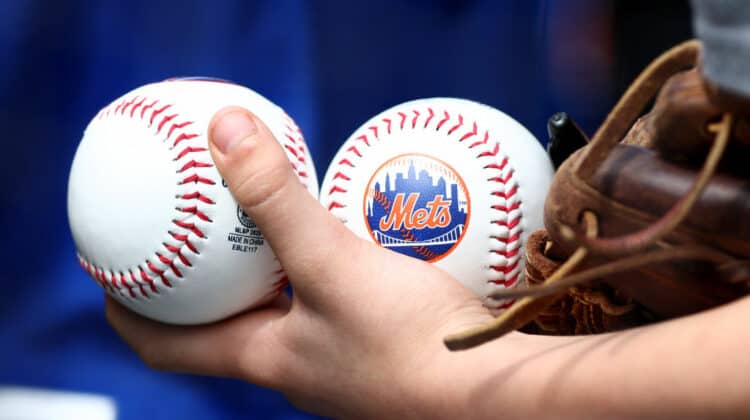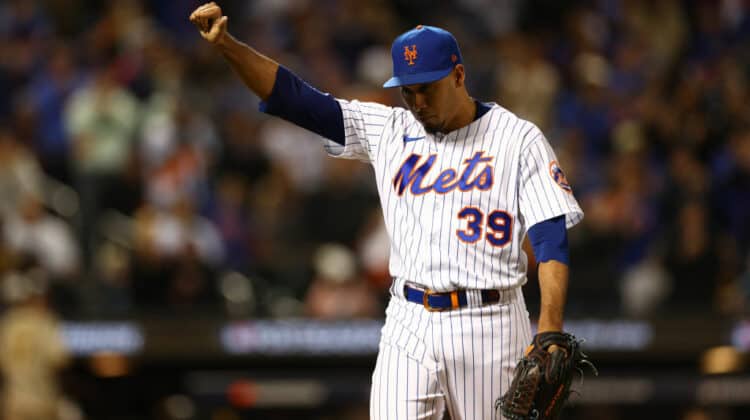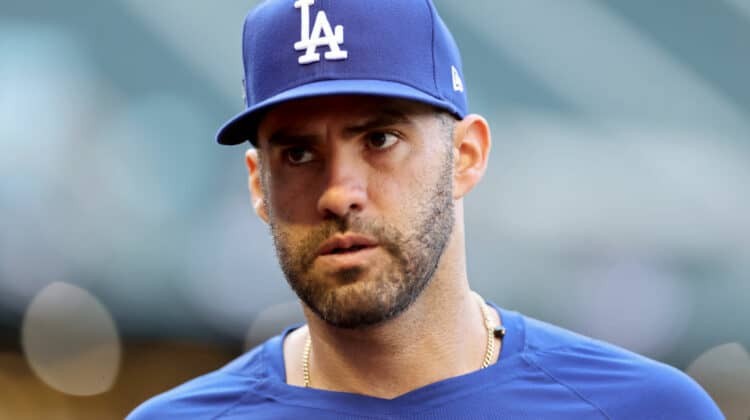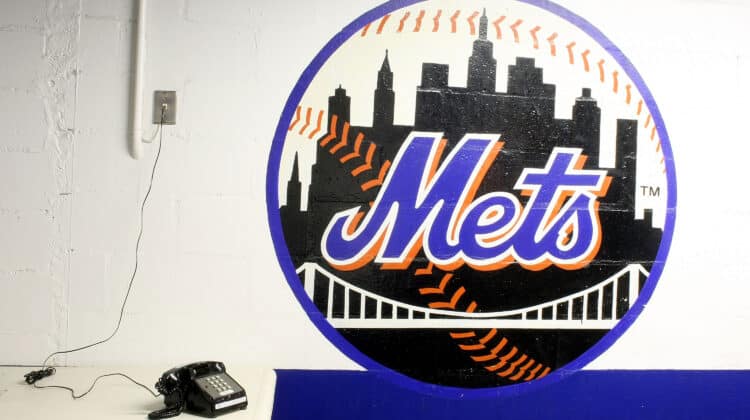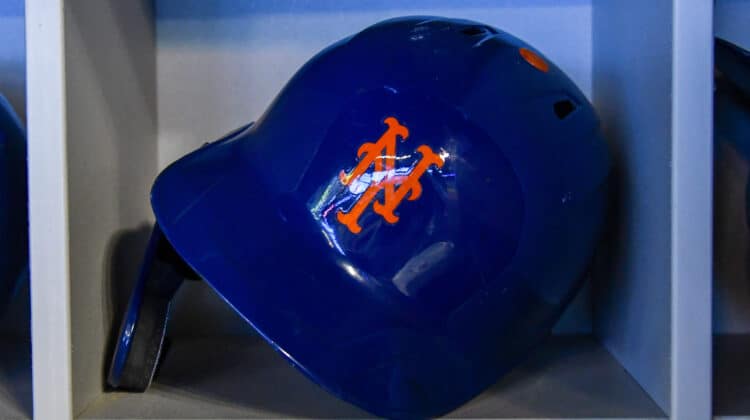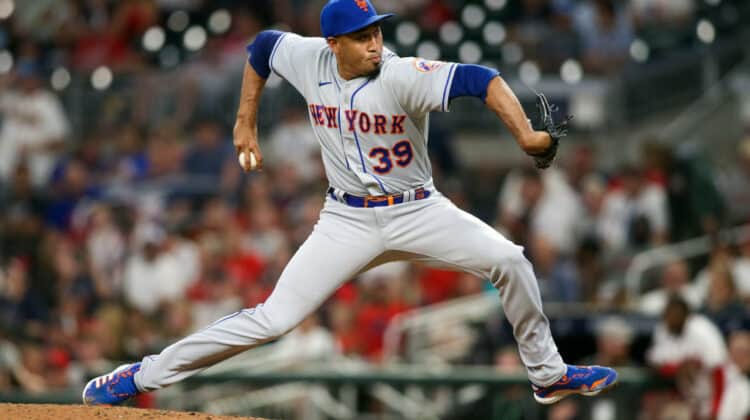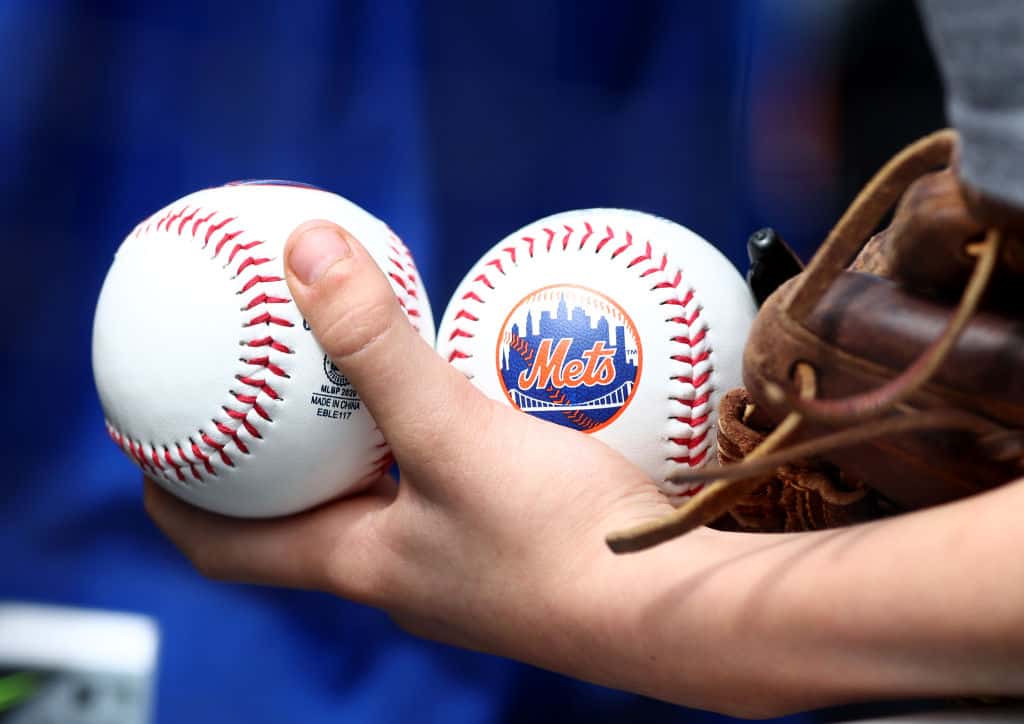
The implementation of the pitch clock in MLB has been met with a lot of controversy, especially in recent days since spring training games have started.
A couple of days ago, a game ended because the batter wasn’t ready for the pitch at the eight-second mark and was “awarded” a strike.
Lots of pitchers have also seen how the umpire adds a ball to the count because they fail to start their delivery within their allotted time.
Hurlers will have 15 seconds between pitches with the bases empty, and 20 seconds with men on base.
For some of them, it has been a difficult adjustment.
For all their lives, baseball was a game with many pauses and time to catch their breath.
They could take a few extra seconds to really focus and hit their spots.
Not anymore: the league wants games to pick up the pace, and so far, their objective is yielding positive results.
Games are much, much shorter.
The New York Mets are a perfect example of this.
“MLB’s implementation of a pitch clock has already had a serious impact on game length, with the Mets’ first three spring training games all coming in well under 3 hours. Their average game length last season was 3 hours and 10 minutes,” SNY tweeted.
MLB's implementation of a pitch clock has already had a serious impact on game length, with the Mets' first three spring training games all coming in well under 3 hours. Their average game length last season was 3 hours and 10 minutes.
Are you a fan of the pitch clock? 🤔⏱️ pic.twitter.com/ExWwqMEEyU
— SNY Mets (@SNY_Mets) February 27, 2023
We have seen several games in the 2:20 range, or around 2:30.
That’s what MLB wants: new generations tend to get bored when games are slow and long, with many pauses.
The pitch clock makes sure there is always action.
NEXT: The Mets Have A Roster Filled With Top 100 Talent